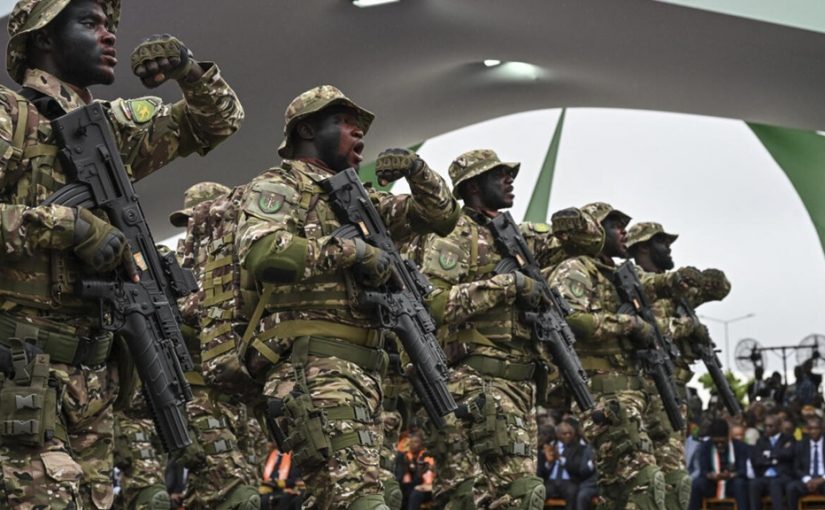
Just weeks before Ivory Coast’s presidential election, a border village has become the scene of a deadly assault that has reignited fears of instability along the country’s northern frontier with Burkina Faso.
On 24 August, armed attackers stormed the remote settlement of Difita in the Téhini department, just two kilometres from the Burkinabe border.
According to Lassina Doumbia, the Ivorian army chief of staff, the raid left four people dead, one missing, a woman severely burned, and livestock stolen.
The attack has unsettled the commune of Barsalogho, located 45km north of Kaya, where tensions between jihadist intimidation and cross-border disputes have been mounting.
Despite the swift mobilisation of the Ivorian armed forces (Faci), the assailants managed to flee. “For now, there is no extension of the fire, things seem under control,” a local security source said. Yet with less than two months to the polls, the incident has placed security concerns at the centre of political discourse in Abidjan.
The violence has stirred memories of past bloodshed, including the 2016 Grand-Bassam beach attack that killed dozens and a series of jihadist strikes in the early 2020s.
Since 2021, Ivory Coast had largely been spared further assaults despite growing unrest in neighbouring Burkina Faso and Mali.
Conflicting accounts of the attack’s motive have emerged. A government source suggested it may have been a local score-settling, with the victims alleged to support the Volunteers for the Defence of the Homeland (VDP), a Burkinabe militia accused of ethnic crimes, particularly against the Fulani people.
Others see signs of a broader destabilisation strategy.
Journalist Serge Daniel cited a group named “Claire Action” with alleged backing from a neighbouring country, though no official confirmation has been provided.
The northern regions, already strained by the arrival of over two million Burkinabe refugees and 80,000 asylum seekers since 2021, remain fragile. Border incidents — from abductions to armed raids — have multiplied, stoking a climate of hostility between Abidjan and Ouagadougou.
The August attack, coupled with the recent disappearance of six Ivorian refugee aid officials near the border, has heightened anxieties that the violence could escalate further, threatening both local communities and the nation’s electoral stability.



